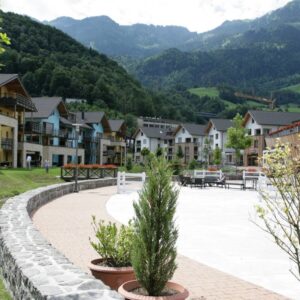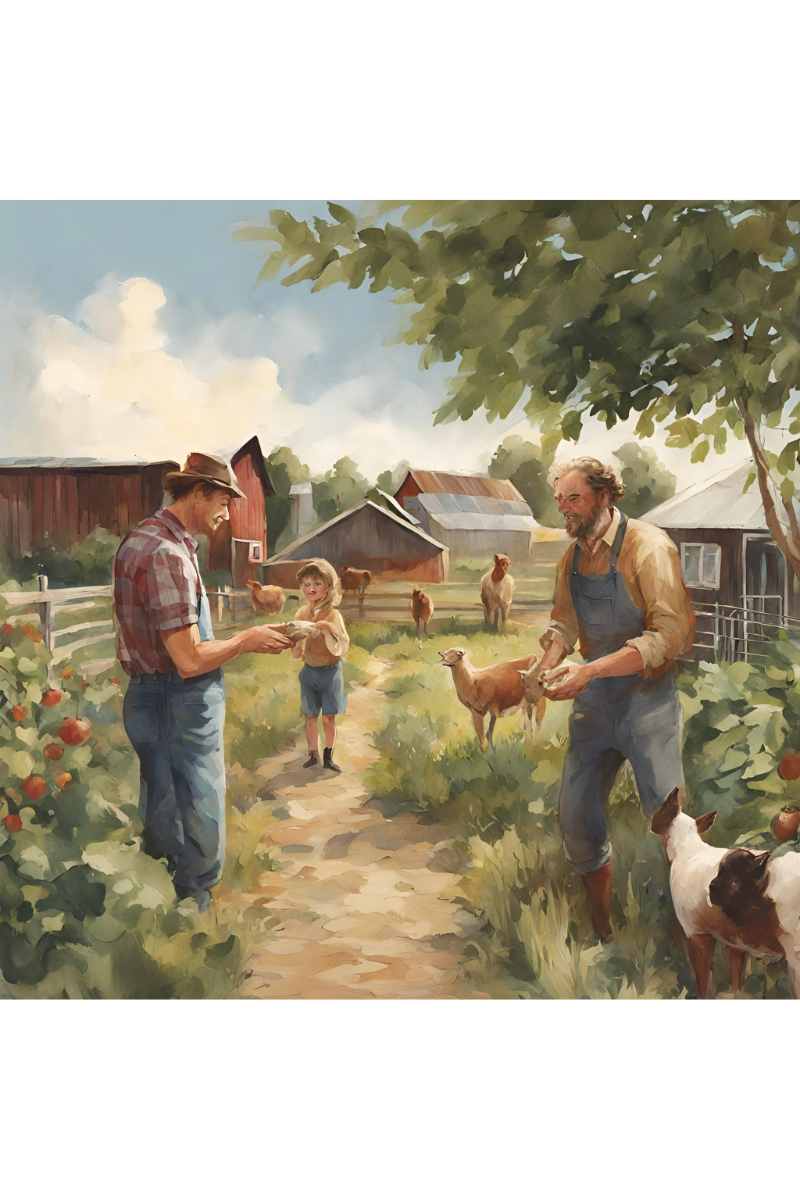
The power of connecting with neighbours to build a sustainable community. Creating a sustainable community is not only about implementing eco-friendly initiatives, but also fostering a strong sense of connection, cooperation, and support among neighbours. When individuals come together to share resources, knowledge, and ideas, they can address environmental challenges more effectively and build a healthier, more resilient community. In this article, we will explore the importance of connecting with neighbours to create a sustainable community and provide practical tips for initiating and sustaining these valuable connections.
The Benefits of Building a Sustainable Community
Before delving into the role of neighbourly connections in sustainability, it is important to understand the benefits of fostering a sustainable community. Sustainable communities prioritise the well-being of both people and the planet, striving to create a balanced and harmonious living environment. Some of the key benefits include:
-
- Reduced environmental impact
-
- Enhanced quality of life for residents
-
- Improved community resilience
-
- Lower living costs
-
- Stronger social cohesion
The Role of Neighbourly Connections in Sustainability
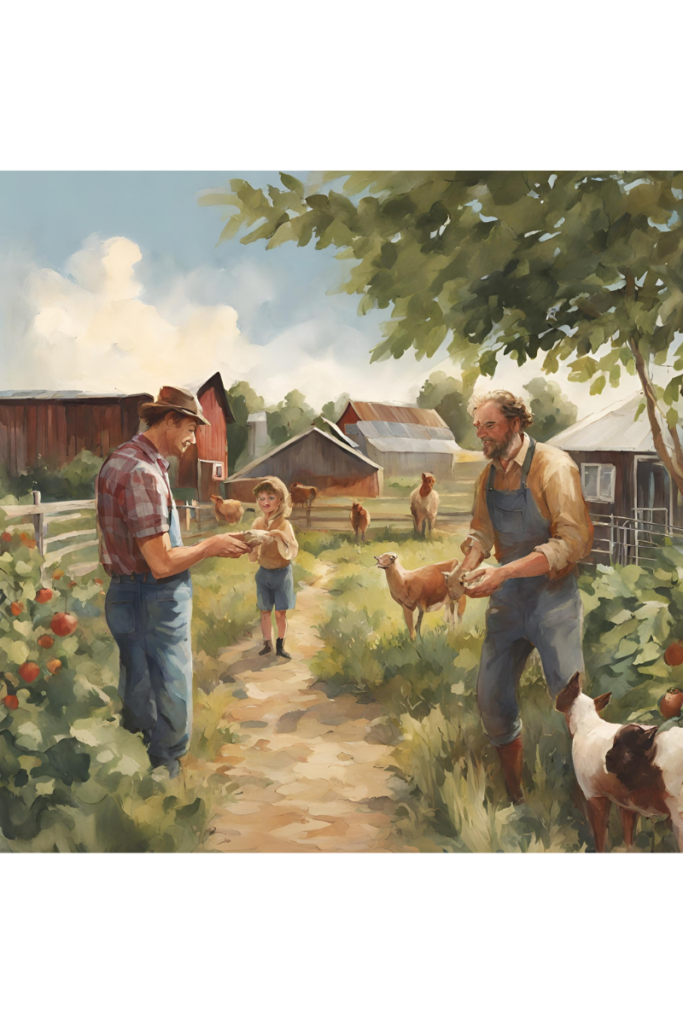
Connecting with neighbours plays a crucial role in building a sustainable community as it enables residents to collaborate, share resources, and support each other in their sustainable initiatives. By fostering strong relationships with those who live nearby, individuals can work together to implement eco-friendly practices, such as community gardens, carpooling programs, and energy-saving initiatives. Furthermore, these connections can lead to the exchange of valuable knowledge and skills related to sustainable living, empowering community members to make informed decisions and take meaningful action.
The Role of Farms in neighbourhood connections
Incorporating farms into community connections represents a multifaceted endeavour that encompasses various dimensions of local food systems, social cohesion, and environmental sustainability. Central to this approach is a thorough understanding of the local farming landscape, including the types of farms present and their contributions to food production and economic activity within the community. Research into the existing infrastructure of local farms provides insight into opportunities for engagement, education, and collaboration aimed at strengthening connections between farmers and residents.
Community engagement and education play pivotal roles in facilitating these connections. By exploring initiatives such as farm tours, workshops, and educational programs, communities can foster greater awareness and appreciation for local agriculture while empowering individuals to make informed choices about their food consumption. Additionally, community-supported agriculture (CSA) models offer a direct link between consumers and farmers, further enhancing community involvement in the local food system. Such efforts not only promote food literacy but also contribute to social bonds and a sense of collective identity rooted in shared experiences of food production and consumption.
Furthermore, integrating farms into community connections extends beyond economic and educational considerations to encompass social and cultural dimensions. Farms often serve as gathering spaces for community events and celebrations, nurturing social cohesion and fostering a sense of belonging among residents. Moreover, by preserving and promoting local food traditions, farms contribute to the preservation of cultural heritage within the community. Through research, advocacy, and the exchange of best practices, communities can leverage the power of local agriculture to promote social equity, environmental stewardship, and resilience in the face of global challenges such as climate change and food insecurity.
Practical Tips for Connecting with Neighbours
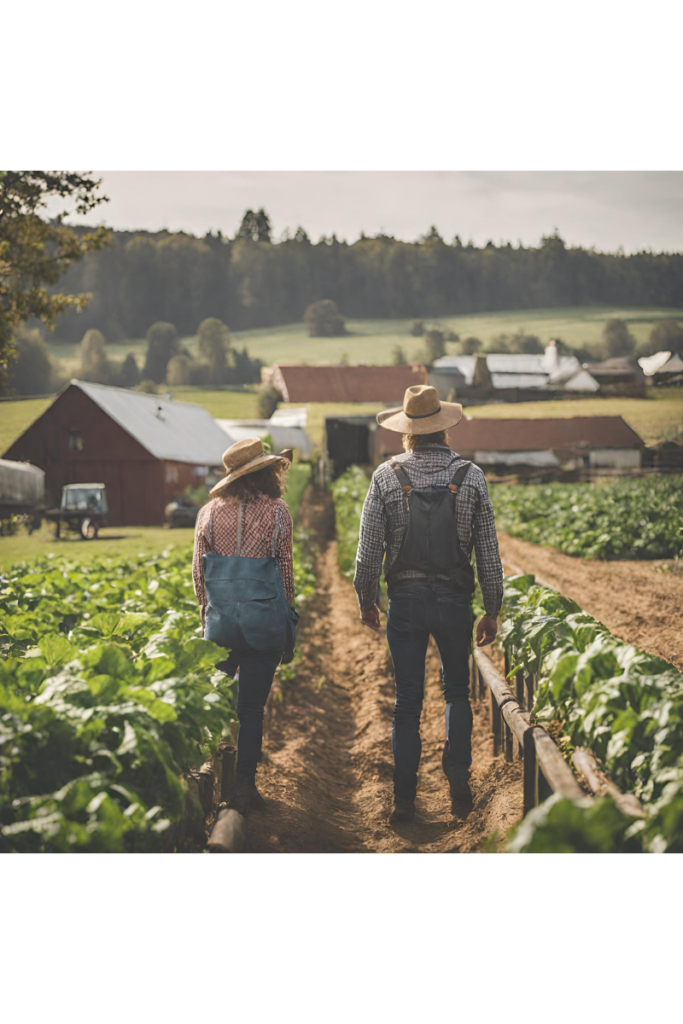
Initiating and nurturing connections with neighbours can be an enriching and rewarding experience. Here are some practical tips for building meaningful relationships within your community:
-
- Organise a neighbourhood gathering or potluck to bring people together in a relaxed and informal setting.
-
- Start a community garden or organise a neighbourhood cleanup to engage neighbours in collaborative and eco-friendly activities.
-
- Utilise social media platforms or community forums to connect with neighbours and share ideas and initiatives related to sustainability.
-
- Offer to help neighbours with tasks or projects, such as gardening, home repairs, or childcare, to build trust and establish connections.
-
- Initiate conversations about sustainability and environmental stewardship to spark interest and dialogue within the community.
Case Studies: Successful Neighbourly Connections
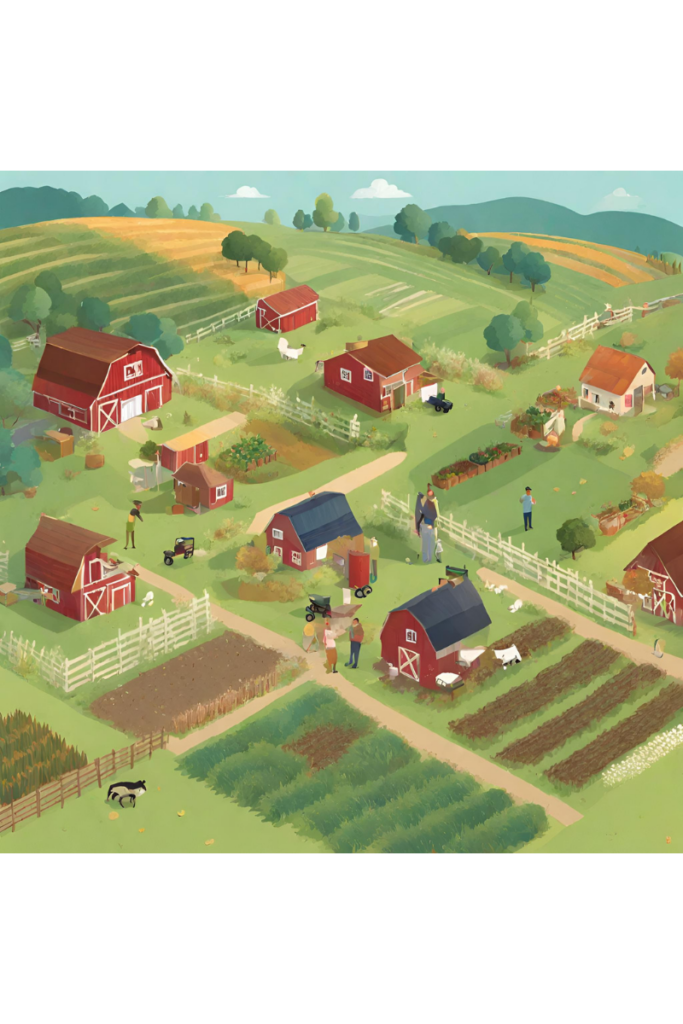
Several communities around the world have demonstrated the power of neighbourly connections in creating sustainable and thriving living environments. For example, the Beddington Zero Energy Development (BedZED) in the United Kingdom is a sustainable community that encourages residents to connect and collaborate on eco-friendly initiatives, such as renewable energy projects and sustainable transportation options. By fostering strong relationships and encouraging active participation, BedZED has become a successful model for sustainable community living.
Similarly, the EcoVillage at Ithaca in New York has leveraged neighbourly connections to create a vibrant and sustainable community. Residents of the EcoVillage actively engage in shared activities, such as communal gardening, carpooling, and eco-friendly construction projects, that promote sustainability and foster a strong sense of community.
Conclusion
Building a sustainable community requires more than just implementing environmental practices—it involves creating a network of connected and engaged neighbours who are committed to making a positive impact. By connecting with neighbours, sharing resources, and collaborating on eco-friendly initiatives, individuals can contribute to the development of a resilient, sustainable, and supportive community. As we strive to address global environmental challenges, the power of neighbourly connections should not be underestimated in building a brighter and more sustainable future for all.
Contact us to learn more on how we could help your community be farm inclusive.
 Docs
Docs
 Support
Support




















 Home
Home  Whishlist
Whishlist  Cart
Cart 